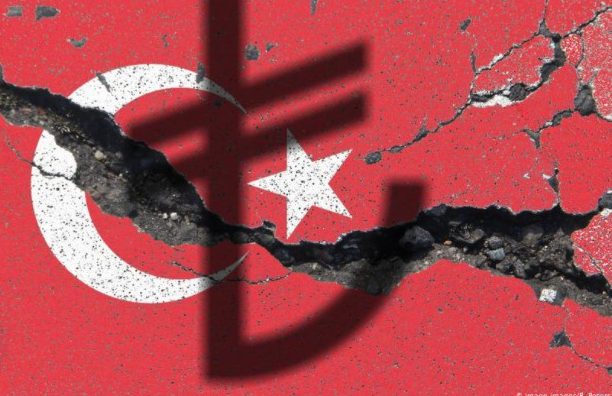Turkey’s central government budget recorded a deficit of 170.56 billion lira ($8.99 billion) in February, the Finance Ministry said on Wednesday, showing the impact of massive earthquakes that devastated the country’s southeast last month.
The primary balance, which excludes interest payments, logged a deficit of 136.34 billion lira, it said.
Even before the earthquake, President Tayyip Erdogan was facing major economic challenges with soaring inflation eating away at his popularity and the quake has added to his difficulties ahead of presidential and parliamentary elections scheduled for May 14.
The government implemented bumper measures to minimize the earthquake’s impact on economy, such as delaying debt payments and offering wages and support money to the earthquake victims.
“Since the change in payment plans caused some tax payments to be postponed from February to March, the increase in the budget deficit in this period was mainly due to the decrease in corporate tax revenues,” said Enver Erkan, chief economist at Dinamik Yatirim.
“We anticipate that budget expenditures will increase in H1 due to the impact of the earthquake disaster in February on the economy and the growth incentives before the election. This means that the budget will come under more pressure in the coming months.”
Economists and business groups predict that the Feb. 6 earthquake, which killed more than 48,000 people in Turkey, will lead to rebuilding costs of some $100 billion and will shave one to two percentage points off the economic growth this year.
In total, the budget recorded a deficit of 202.8 billion lira in Jan-Feb period while primary deficit stood at 147.2 billion lira, data showed. According to current numbers, the budget deficit has already filled 30.8% of total expected deficit this year.
Last September, Ankara forecast a budget deficit of 3.5% of the country’s gross domestic product (GDP) this year. Although budget deficit has widened in recent years, it stood around 1% of GDP in 2022.
reuters.com
